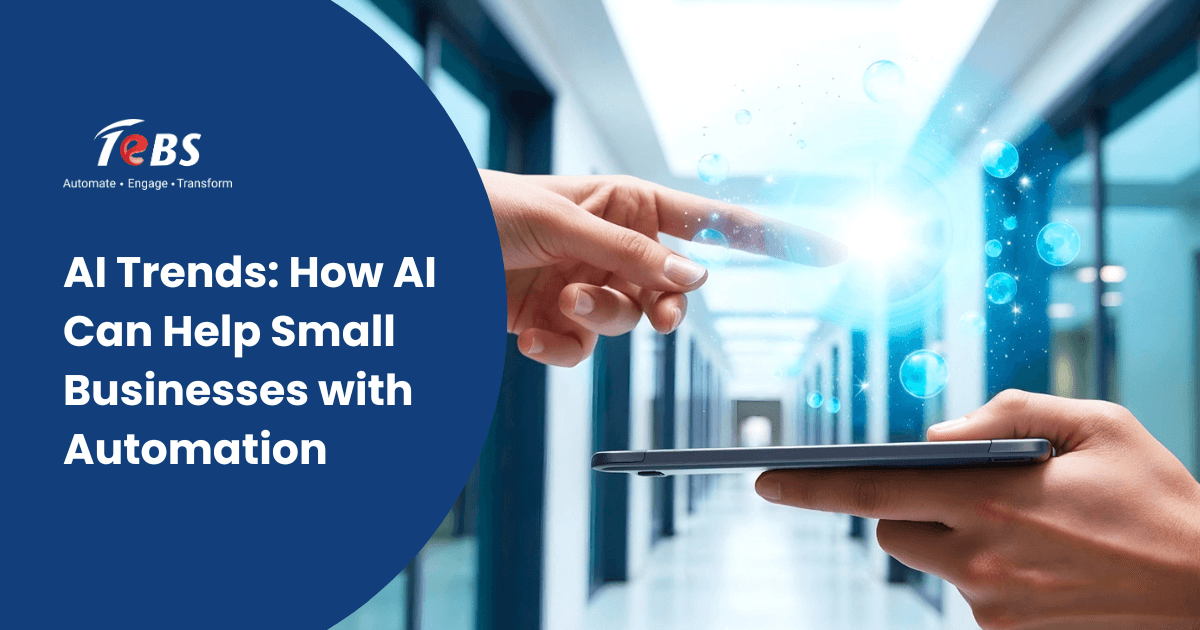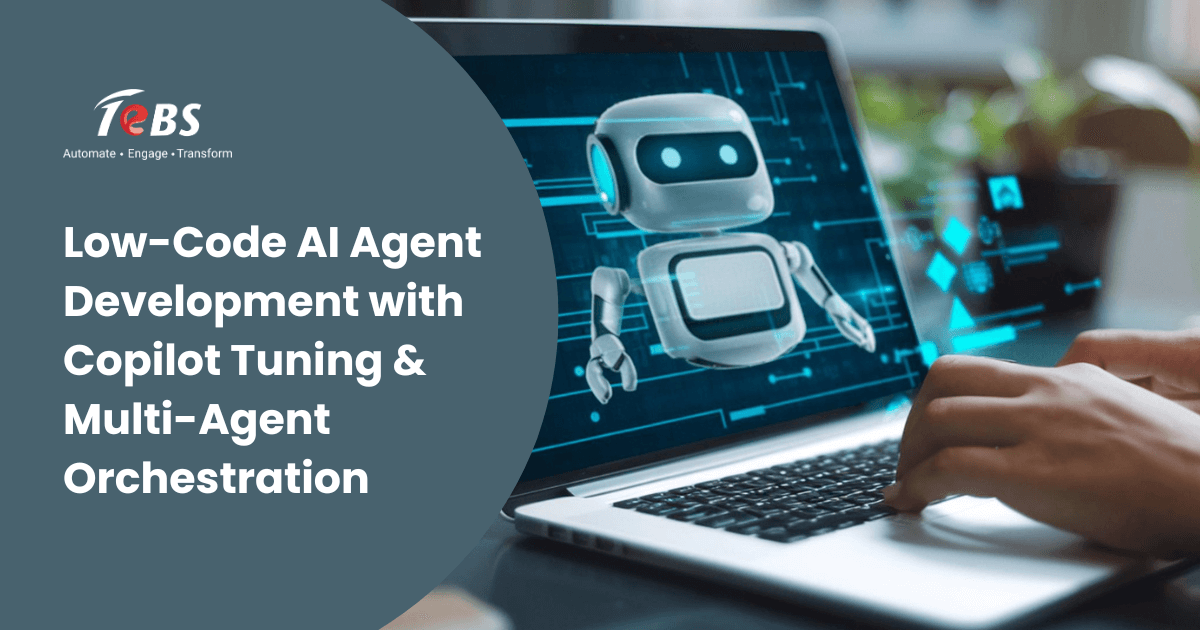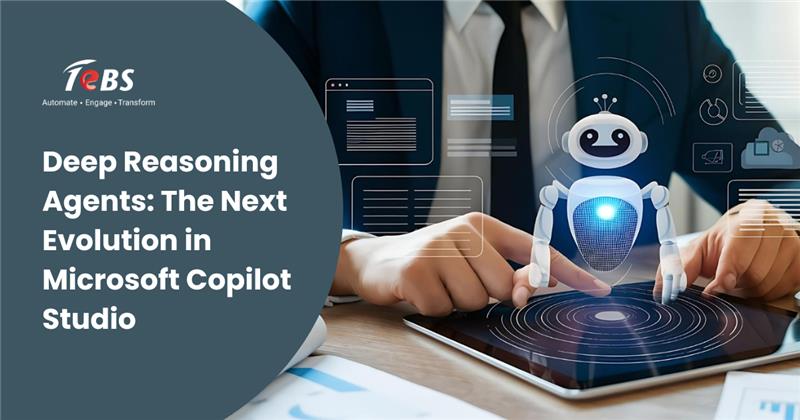Introduction: Why Staying Ahead in AI Trends Matters
For small businesses striving to grow in a highly competitive environment, keeping up with the latest advancements in technology is no longer optional. Artificial Intelligence is no longer a futuristic concept reserved for large enterprises. It has become an accessible and transformative tool that small businesses can harness to streamline operations, enhance customer experiences, and drive growth. By leveraging the right AI service, smaller companies can work smarter, not harder, and gain the agility they need to scale with confidence
As automation continues to evolve, small businesses are uniquely positioned to take advantage of AI innovations to reduce manual work, make informed decisions and elevate their offerings. The convergence of affordability, accessibility, and ease of use is making AI a realistic and powerful tool for businesses of all sizes. Understanding the key trends in AI automation is essential to identifying where it can bring the most value.
Top AI Automation Trends Impacting Small Businesses
Several emerging AI trends are rapidly reshaping how small businesses operate. These trends offer not only cost savings but also enable businesses to serve customers more effectively and improve internal efficiencies.
Hyperautomation
Hyperautomation is the strategic use of advanced technologies such as AI, machine learning and robotic process automation to automate complex business processes. It goes beyond simple task automation to connect various systems and processes, eliminating inefficiencies and human error. For small businesses, hyperautomation can simplify operations such as inventory management, accounting, invoicing and order processing, as demonstrated in our case study on enhancing financial excellence through robotic process automation. By automating these workflows, teams are freed up to focus on growth and innovation.
AI-Powered Customer Personalization
Consumers expect personalized experiences across every touchpoint. AI-driven personalization enables small businesses to understand customer preferences and behavior more deeply. With the help of AI, businesses can deliver tailored product recommendations, send personalized emails and optimize website content to match individual user needs. This level of customization drives customer loyalty, improves conversion rates and enhances user satisfaction.
Microsoft highlights how modern AI tools designed for small businesses can empower teams to personalize experiences at scale—helping them engage customers more effectively and compete with larger players in the market.
Voice AI Assistants
Voice AI is gaining popularity across small business use cases such as customer service, scheduling, and internal operations. With AI assistants integrated into customer service systems, businesses can provide immediate support through natural voice interactions. These assistants can handle routine queries, process orders, and schedule appointments. Internally, voice AI tools can assist employees in retrieving information, managing calendars, and automating repetitive tasks, ultimately increasing productivity.
Low Code and No Code AI Platforms
Low code and no code platforms allow small businesses to build AI-powered applications with minimal or no programming knowledge. These platforms provide visual interfaces and drag-and-drop components, making it easier for non-technical teams to design workflows, automate tasks, and implement AI models. This democratization of AI opens doors for smaller companies to innovate and adapt quickly without heavy reliance on technical resources or expensive software development.What These Trends Mean for Small Businesses
The growing availability and diversity of AI technology services presents a valuable opportunity for small businesses to gain a strong foothold in their industries. These trends translate into several tangible benefits:Competitive Edge
Adopting AI-driven automation can give small businesses a significant advantage over competitors who are slower to innovate. Automating routine operations and delivering superior customer experiences sets businesses apart in crowded markets. Early adoption allows companies to fine-tune AI strategies and build capabilities ahead of industry shifts.Improved Efficiency
AI solutions streamline time-consuming and repetitive tasks, allowing teams to focus on higher-value work. For example, automated customer service systems reduce wait times and manual handling, while AI-driven inventory management minimizes stock issues. The result is better time management, fewer errors, and more efficient business operation.Data-Driven Decision-Making
Small businesses often struggle with making informed decisions due to limited access to insights. AI changes that by analyzing large volumes of data to uncover trends, predict outcomes and guide decision-making. Whether it is identifying purchasing patterns or forecasting sales, AI helps businesses take proactive steps and allocate resources more effectively.Adapting to Trends Without Big Budgets
Many small businesses are hesitant to invest in AI due to perceived costs. However, emerging models and tools are making AI adoption feasible even with constrained budgets.Open Source Tools
Open source AI tools provide a cost-effective way to experiment with and deploy AI solutions. Tools like TensorFlow, Scikit-learn and OpenCV offer frameworks for building machine learning and computer vision applications. Communities around these tools also provide support and shared resources that accelerate learning and implementation.AI as a Service Models
AI as a Service or AIaaS platforms offer prebuilt AI capabilities through cloud-based models. Businesses can subscribe to services such as natural language processing, image recognition or predictive analytics without needing to build AI models from scratch. These subscription-based platforms provide scalability and reduce the need for in-house expertise. Providers handle infrastructure, maintenance and updates, allowing small businesses to focus on results.How to Future-Proof Your Business with AI
Implementing AI today is not only about solving current problems but also about preparing for tomorrow. Future-proofing a small business with AI involves building the mindset, processes and infrastructure to stay agile and innovative in the face of change.
Start by identifying areas in your business where automation can have the most impact. This could be customer interactions, marketing, finance, or logistics. Begin with small, manageable AI projects that deliver quick wins and build momentum.
Next, foster a culture of learning and digital fluency within the organization. Invest in training that helps employees understand how AI works and how it can support their roles. Encourage experimentation and iteration to explore new AI-driven possibilities.
Also, ensure that your business systems are flexible and data-friendly. Use platforms that support integration with AI tools and collect meaningful data across touchpoints. The more structured and accessible your data is, the better AI can work for you.
Finally, choose AI partners and platforms that align with your goals and budget. Look for solutions that offer clear value, scalability and support. Whether you use AI for marketing automation, customer service or operational optimization, a thoughtful approach ensures long-term value.
To stay ahead of rapid technological change, small businesses must begin laying the groundwork today—read more on how to prepare now for the AI-powered future of work and build long-term resilience.
Conclusion: Stay Competitive with Smarter Automation
AI is no longer limited to large corporations. It is transforming how small businesses operate, engage with customers, and make decisions. By understanding and leveraging AI trends such as hyperautomation, customer personalization, voice AI and low code platforms, small businesses can unlock new levels of efficiency and competitiveness.
Even with limited resources, the availability of open-source tools and AI-as-a-service platforms means that businesses can start small and scale AI adoption over time. Future-proofing your operations with AI is not about one-time investment but about continuous learning, adaptation and improvement.
To explore how AI can help automate and transform your business processes, connect with us at [email protected]
Our experts are here to guide you through practical, cost-effective AI solutions tailored for your needs.
Frequently asked questions
What is AI automation for small businesses?
AI automation for small businesses refers to using artificial intelligence technologies to handle repetitive tasks, streamline workflows, and optimize processes. It helps small businesses save time, reduce errors, and improve overall efficiency.
How can AI help small businesses improve efficiency?
AI improves efficiency by automating routine tasks such as data entry, customer inquiries, scheduling, and inventory tracking. This allows employees to focus on more strategic and high-value activities.
How does hyper automation benefit small business operations?
Hyperautomation integrates multiple AI and automation tools to streamline complex processes across departments. It reduces manual effort, lowers costs, and enhances accuracy in operations such as accounting, HR, and logistics.
Can small businesses use AI without coding knowledge?
Yes. Low-code and no-code AI platforms enable small businesses to build AI applications through drag-and-drop interfaces and prebuilt templates, making AI accessible without technical expertise.
How can AI help with customer personalization for small businesses?
AI analyzes customer data to deliver personalized recommendations, marketing messages, and experiences. This enhances engagement, increases conversion rates, and builds customer loyalty.
What is AI-as-a-Service (AIaaS) and how can small businesses use it?
AIaaS provides ready-to-use AI capabilities via subscription-based cloud platforms. Small businesses can access tools for natural language processing, predictive analytics, and image recognition without building infrastructure from scratch.
How do voice AI assistants help small business productivity?
Voice AI assistants handle customer queries, schedule appointments, and automate routine tasks. Internally, they help employees manage calendars, retrieve information, and improve workflow efficiency.





